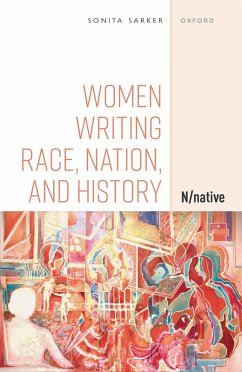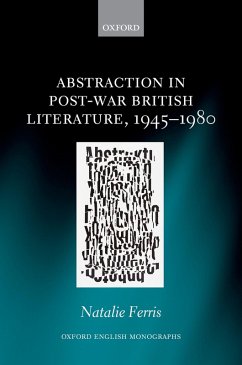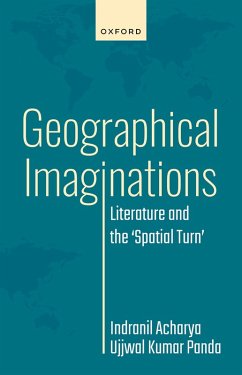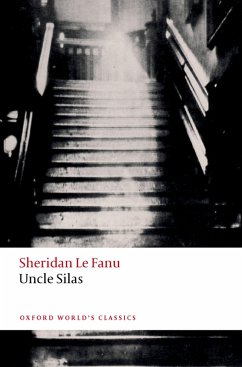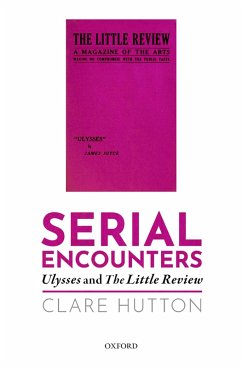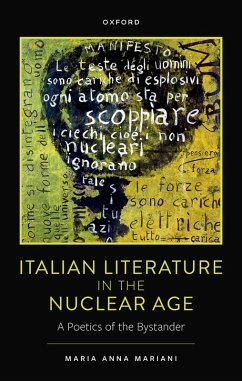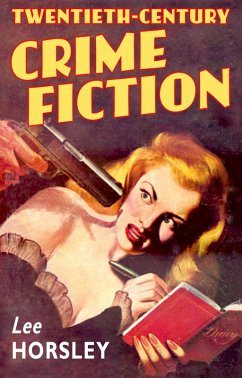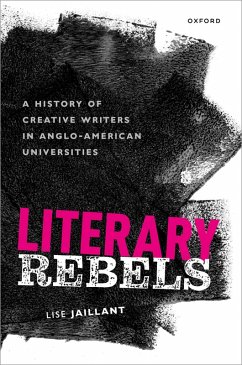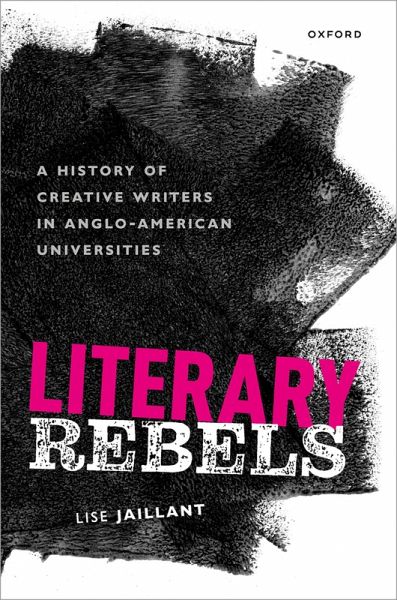
Literary Rebels (eBook, PDF)
A History of Creative Writers in Anglo-American Universities

PAYBACK Punkte
8 °P sammeln!
How many times have you heard that creative writing programmes are factories that produce the same kind of writers, isolated from real life? Only by escaping academia can writers be completely free. Universities are profoundly conservative places, designed to favour a certain way of writing-preferably informed by literary theory. Those who reject the creative/ critical discourse of academia are the true rebels, condemned to live (or survive) in a tough literary marketplace. Conformity is on the side of academia, the story goes, and rebellion is on the other side. This book argues against the n...
How many times have you heard that creative writing programmes are factories that produce the same kind of writers, isolated from real life? Only by escaping academia can writers be completely free. Universities are profoundly conservative places, designed to favour a certain way of writing-preferably informed by literary theory. Those who reject the creative/ critical discourse of academia are the true rebels, condemned to live (or survive) in a tough literary marketplace. Conformity is on the side of academia, the story goes, and rebellion is on the other side. This book argues against the notion that creative writing programmes are driven by conformity. Instead, it shows that these programmes in the United States and Britain were founded and developed by literary outsiders, who left an enduring mark on their discipline. To this day, creative writing occupies a marginal position in Anglo-American universities. The multiplication of new programmes, accompanied by rising student enrolments, has done nothing to change that positioning. As a discipline, creative writing strives on opposition to the mainstream university, while benefiting from what the university has to offer. Historically, this opposition to scholars was so virulent that it often led to the separation of creative writing and literature departments. The Iowa Writers' Workshop, founded in the 1930s, separated from the English department three decades later--and it still occupies a different building on campus, with little communication between writers and scholars. This model of institutional division is less common in Britain, where the discipline formally emerged in the late 1960s and early 1970s. But even when creative writing is located within literature departments, relationships with scholars remain uneasy. Creative writers and scholars are not, and have never been, natural bedfellows.
Dieser Download kann aus rechtlichen Gründen nur mit Rechnungsadresse in A, B, BG, CY, CZ, D, DK, EW, E, FIN, F, GR, HR, H, IRL, I, LT, L, LR, M, NL, PL, P, R, S, SLO, SK ausgeliefert werden.




